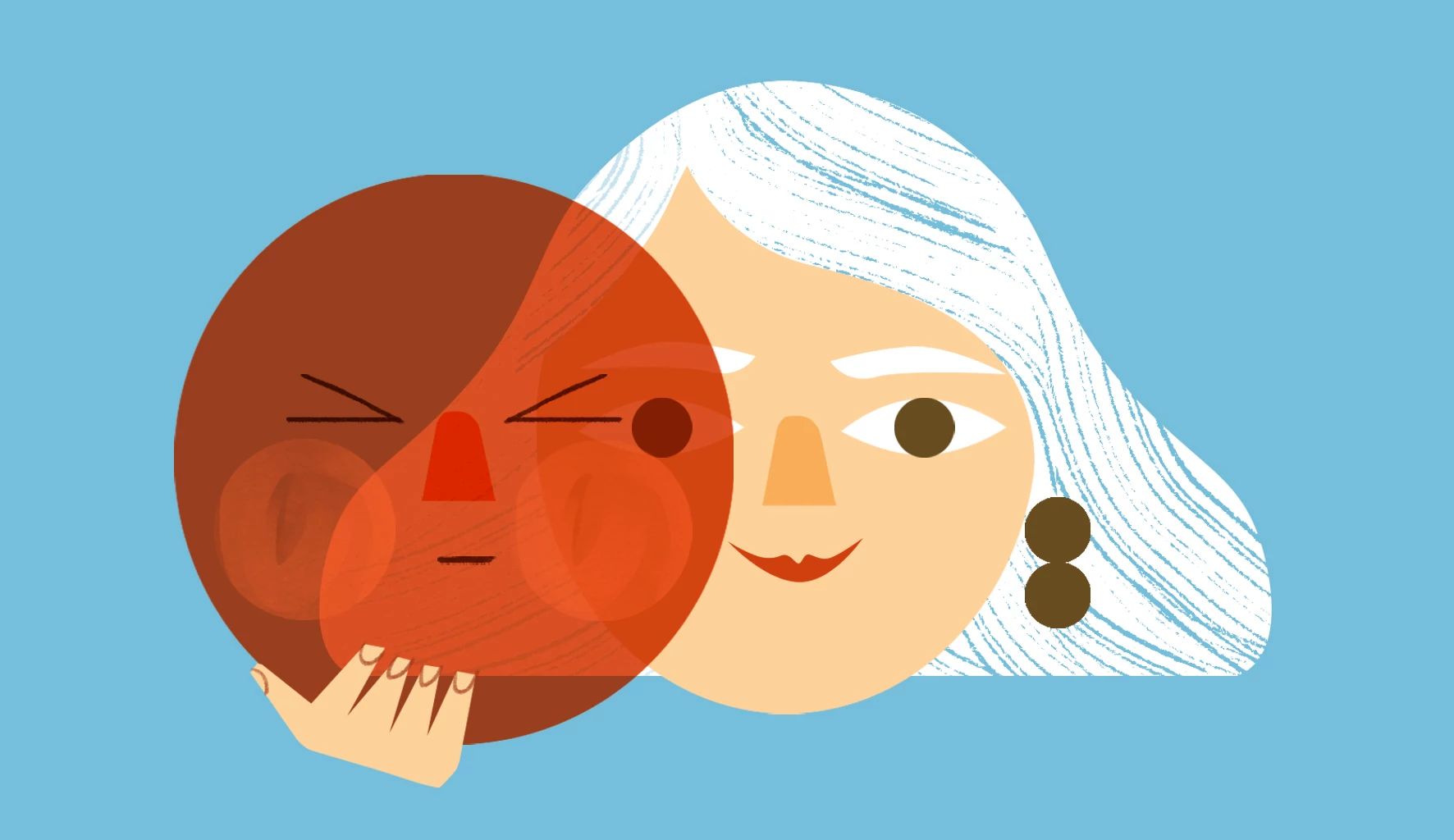AARP Hearing Center


Welcome to Ethels Tell All, where the writers behind The Ethel newsletter share their personal stories related to the joys and challenges of aging. Come back each Wednesday for the latest piece, exclusively on AARP Members Edition.
I remember the first time I heard the words. It was a Saturday morning and Dad asked if I wanted to go with him to the bowling alley, his favorite hangout. I was probably 5 years old and, being a true mama’s girl, responded with, “No! Girls go with girls and boys go with boys.” Dad laughed, scooped me up into his arms, and proceeded to walk toward the door. I began to scream and kick for release, to my dad’s bewilderment and my mom’s frustration. He put me down, shrugged his shoulders and, with a hurt look, walked outside. My mom turned away, as if she could not bear to look at me, and delivered a condemnation that would haunt my future: “You should be ashamed.”
The scene is so burned into my memory that 60 years of excusing my tantrum as normal childish behavior has not been able to erase it. It is a reprimand many parents use to discipline children, a way to punish without inflicting physical pain.
A mere sentence that takes no effort to deliver as it can be spoken quietly to convey the optimum amount of disappointment, or angrily spit out through gritted teeth. Although physical pain is not felt, the mental anguish and sensation of guilt left in its wake can impose far worse repercussions.




































































You Might Also Like
How Do I Ask a Doctor for a Second Opinion?
Getting help when you're not sure that a diagnoses is right
The Hidden Dangers of Progressive Lenses
Your glasses could put you at risk of serious falls
Why I’m Glad My Husband Cheated on Me
It hurt like hell, but now I’m smarter, kinder and more lovingRecommended for You